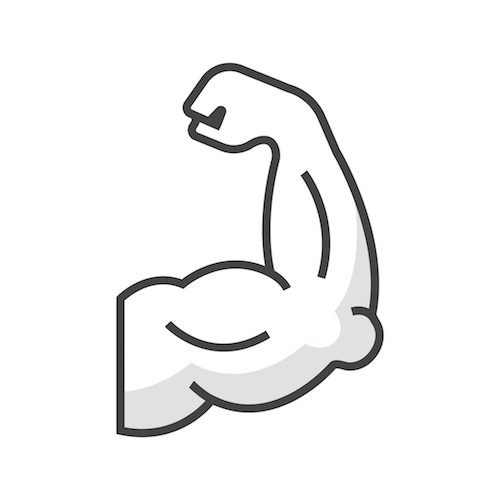
Bigorexia or Muscle Dysmorphic Disorder (MDD) is a psychological condition where someone is anxious about their lack of muscle definition and size. It’s a sub-type of Body Dysmorphic Disorder (BDD) that causes a person to have a distorted view of how they look.
Those with MDD develop obsessive thoughts about the shape and size of their bodies, and never feel satisfied with what they see in the mirror. Other people’s opinions are discounted and the sufferer relies solely on their own perception of their body, which is what maintains the condition.
Bigorexia can affect both men and women. Perceiving their body as being too small, despite exercise regimens, can lead to obsessive thoughts about getting bigger, negatively comparing themselves to others, and compensatory behaviours that drive their obsession. These behaviours may include extreme dieting, excessive exercising, steroid abuse, surgery and withdrawal from family and friends. MDD can also leave the sufferer vulnerable to becoming anxious or depressed when, after all their hard work, they still feel unsatisfied with their body.

MDD can leave a person distressed and can impact on daily functioning and relationships. Awareness of the problem is the first and most important step. Support from family and friends can help the sufferer talk about it, and mental health professionals can work with them to help them understand the feelings that are driving the obsessive behaviour and recover from this condition.
Written by Dr Mark Rackley CPsychol AFBPsS.
Read the full article on Counselling Directory


Comments